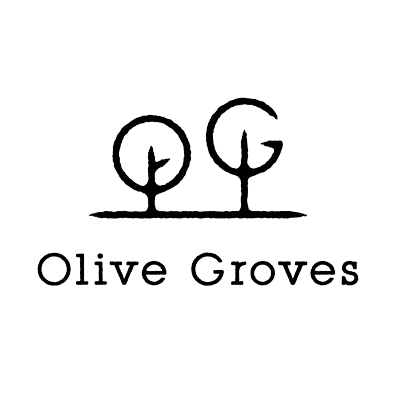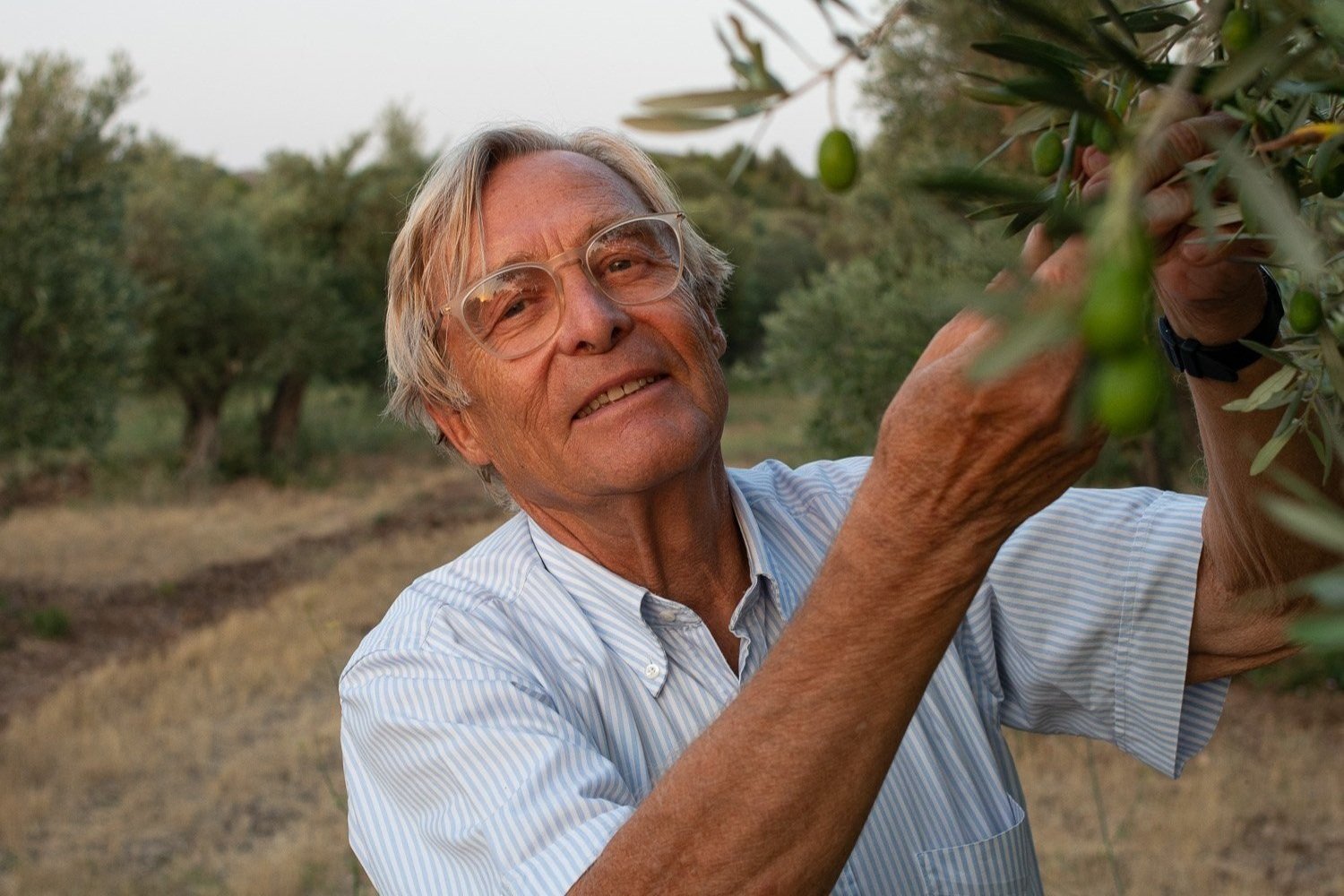Under the spell of Provence with Philippe Ducru
Philippe in his grove in Mouriès, Provence (France)
Philippe Ducru welcomed us to his wonderful estate near Mouriès in Provence, the heart of olive growing in France. We asked him a few questions about his approach, his groves and what led him to become an olive oil producer.
How did you get into olive growing after a career in the maritime sector?
Even as a child I wanted to be a farmer, but my father talked me out of it, warning me that "the land is low" and that it's a hard job. Life's fortunes then led me to the maritime world. Around twenty years ago, I fell under the spell of a small valley near Mouriès while visiting a cousin. There was a house for sale in this valley with an olive grove, and I bought it on a whim by ringing the doorbell! That evening I went back to see the place and wondered if I was crazy to embark on this adventure... But I don't regret a thing, I became so interested in olive growing that I took over the various neighbouring plots!
Could you tell us a bit more about what makes your olive grove special and the site it's located on?
It's a small valley near Les Baux de Provence. You could almost say it's a secret place, because you access it via a dirt road that few people know about. It's called the Cagalou valley, "cagalou" in Provençal being a small snail. It's a very unspoilt and privileged spot, with the distinctive feature of having very chalky soil, with very low acidity, which is characteristic of our terroir.
The five varieties of olives grown in our terroir are represented in the grove. The majority are Salonenque, an olive endemic to the region and famous for its sweetness. It is this variety that most influences the taste of my oils. The other varieties are Grossane, also rather sweet, Aglandau, a more spicy variety common in Provence, and finally Verdale des Bouches-du-Rhône and Picholine, both quite 'peppery'. All of which makes for an exciting playground for blending!
An aerial view of the estate
What exactly do you look for in your blends?
I like the fruitiness of the olive to be present, but with contained bitterness and spiciness. This is a good thing, because Salonenque, even when harvested early, produces an oil that matches this profile. The other varieties are used to adjust the fruitiness, bitterness and spiciness, giving the oil a little more 'depth' without overwhelming the palate.
And what do you think of "matured" olive oil, a typically Provençal tradition?
Yes we carry on this tradition of letting the olives ferment anaerobically before extracting the oil at the mill. This produces olive oils known as "matured", not to be confused with "mature", which is an oil obtained from late-harvested olives. This fermentation process gives a taste reminiscent of olive paste as well as mushrooms. It appeals to many people, who find it new and different.
Even if they cannot be classified as 'extra virgin', I think some matured oils are fabulous!
Why did you choose organic farming from the start?
On a preserved site like mine, which is now under the Natura 2000 biodiversity protection scheme, it was an obvious choice. As well as not using chemical inputs, I chose not to work the soil so as to leave a vegetation cover and encourage biodiversity. This makes for a more resilient ecosystem, particularly in the face of climate change and certain pests. Perhaps it also helps to give the olives more flavour!
Interview by Camille Frachon


